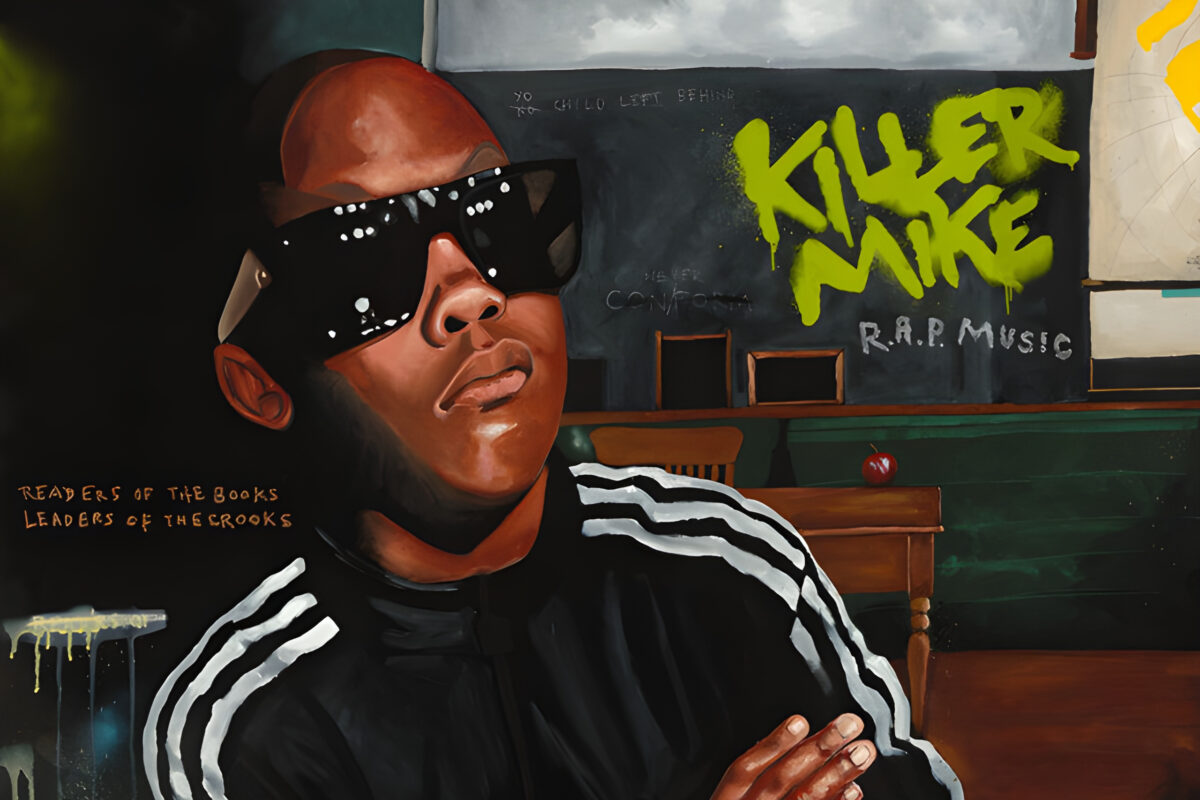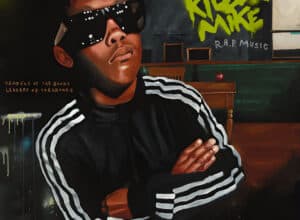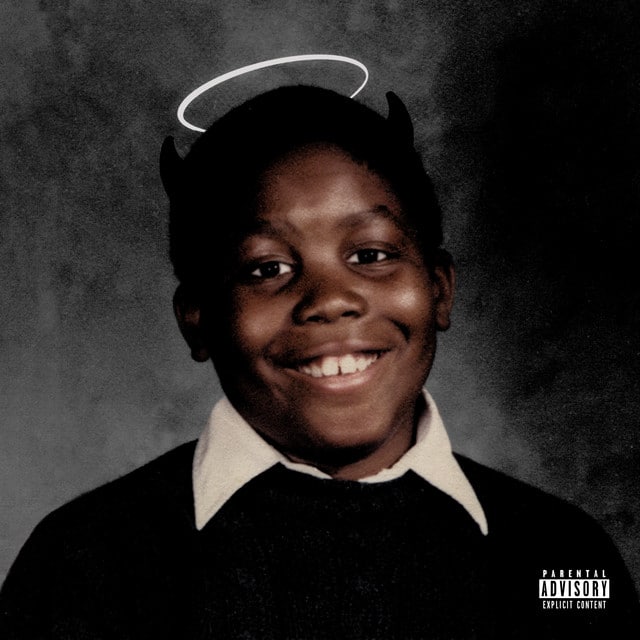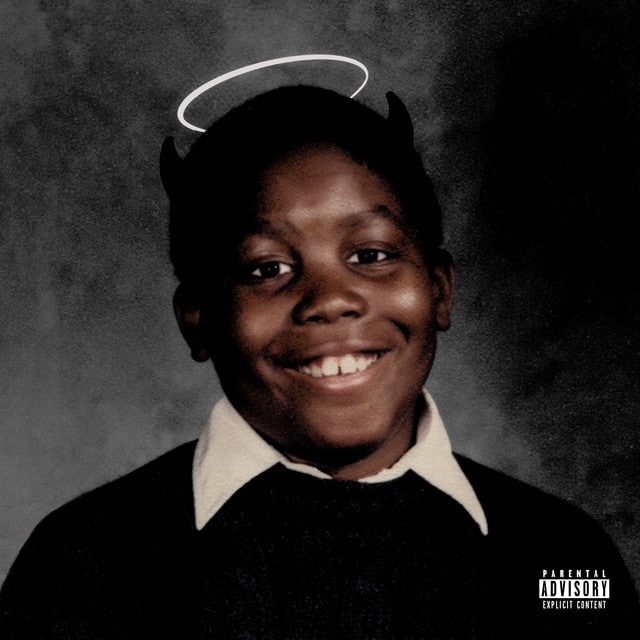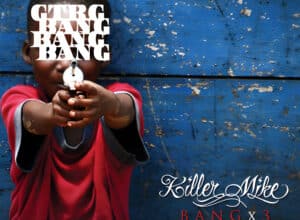Released: 2012
Killer Mike’s “Reagan” is a politically charged track that dissects the repercussions of Ronald Reagan’s presidency on the African American community, focusing particularly on systemic issues like the war on drugs, economic exploitation, and police brutality. Mike’s raw and aggressive lyricism critiques the lasting impacts of Reagan’s policies, which he argues perpetuated social injustice and economic disparity, contributing to the disenfranchisement of black Americans.
The hook of the song starts with an excerpt about a no-concessions policy concerning terrorist demands. It sets a cynical tone, with the statement suggesting official denial despite widespread speculation of secret dealings during Reagan’s presidency. This cleverly lays the groundwork for the themes of governmental deceit and mistrust, inviting listeners to question official narratives.
Killer Mike jumps in with “The ballot or the bullet, some freedom or some bullshit,” alluding to Malcolm X’s speech, and highlighting a crucial choice between political engagement or violent rebellion. The theme here is one of urgency and decision-making in the face of systemic oppression. His juxtaposition of ‘big’ dreams with ‘li’l shit’ questions whether real progress is being made or if communities are settling for illusions of success.
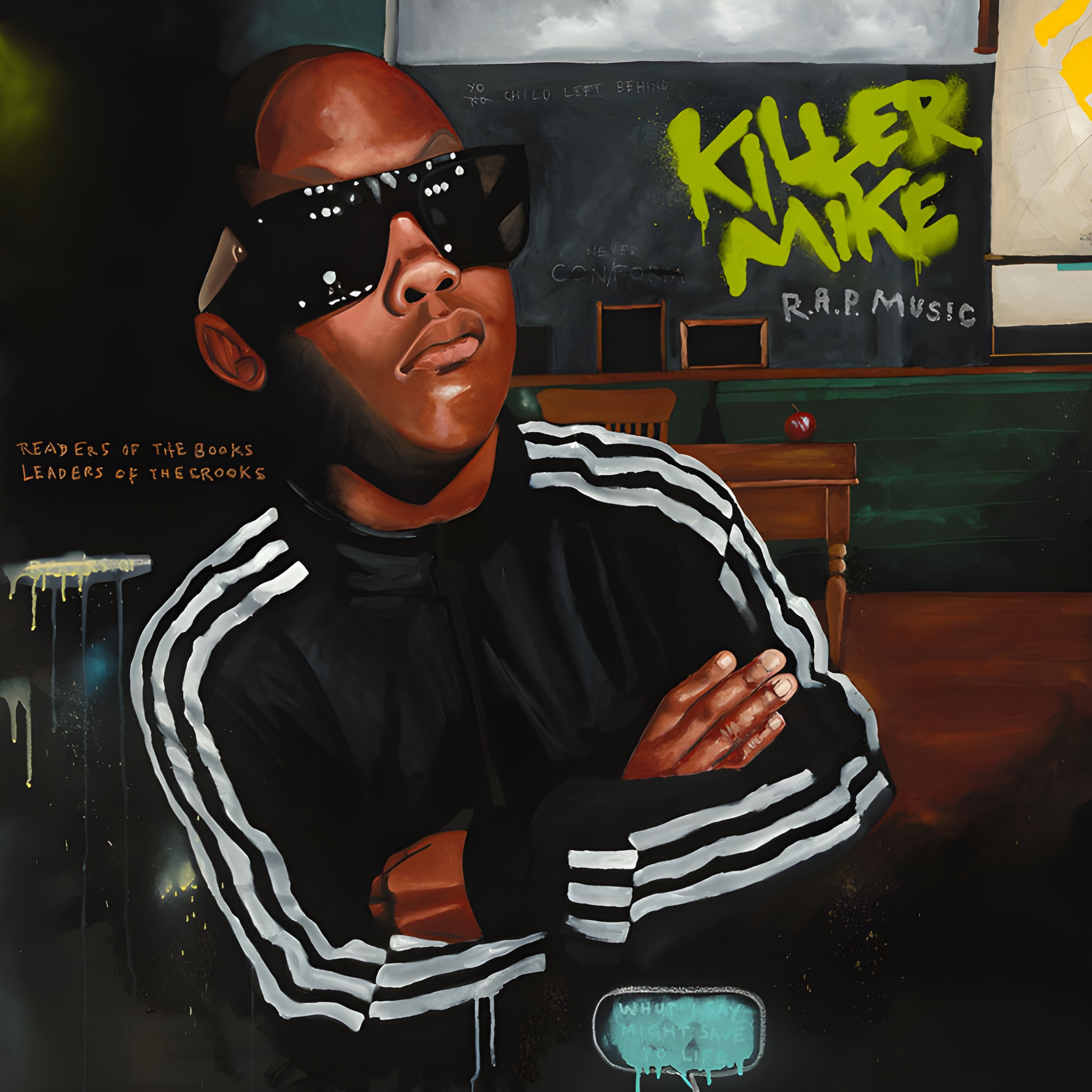
He critiques superficial successes—wealth without ownership—when he says, “We brag on having bread, but none of us are bakers.” The use of bread and bakers serves as metaphors for wealth and industry control, pointing out that the community celebrates material wealth but lacks actual power or production means, indicating an economic dependency.
Mike discusses the disconnect between cultural representations and reality: “If none of us own acres, and none of us grow wheat, then who will feed our people when our people need to eat?” Here, he stresses the need for economic self-sufficiency and criticizes how superficial narratives, such as flaunting cars and imagined riches, distract from significant social issues.
A critical turning point in the verse emerges when Mike laments, “We should be indicted for bullshit we inciting,” indicting cultural leaders for glorifying lifestyles that are destructive. This lyric expresses a strong criticism of hip-hop and entertainment culture that prioritizes escapism and materialism over meaningful action or education.
The verse connects to historical events by drawing parallels between cultural degradation and systemic exploitation. When Mike mentions “Oliver North introduced us to cocaine,” he’s referencing the Iran-Contra Affair, implying governmental complicity in drug trafficking, which exacerbated the drug crises within African American communities in the 1980s.
Revisiting the theme of betrayal and false promises, a speech fragment with Reagan denying an arms-for-hostages deal provides ironic context for the verse that follows. This insertion mocks official declarations, reinforcing a motif of systemic deceit which Mike suggests directly affected black communities, framing their plight as a consequence of larger political games.
As he raps about the “War on Drugs,” Killer Mike claims it allowed law enforcement to disproportionately target African Americans. “They would beat us up if we had diamonds on our watches,” encapsulates the brutal and prejudiced policing that saw black success as inherently suspicious or criminal, spotlighting issues of racial profiling and police brutality.
The closing verses serve as an epitaph to Reagan’s policies. When Mike repeats “Ronald Wilson Reagan” with the numerical allusion to 666, it frames the former president as an almost demonic figure. This might seem dramatic, but it reinforces Mike’s critical stance on the legacy of Reagan’s policies, summarizing a bitter critique on how power dynamics manipulated lives under the guise of governance.
Ultimately, “Reagan” by Killer Mike isn’t just a historical recount; it’s a scathing reflection on systemic injustices that echo in the present day. It’s a call to awareness, urging listeners to recognize the insidious cycles of exploitation and urging a break from the superficial distractions, challenging people to see the root causes and the real battles at hand.
